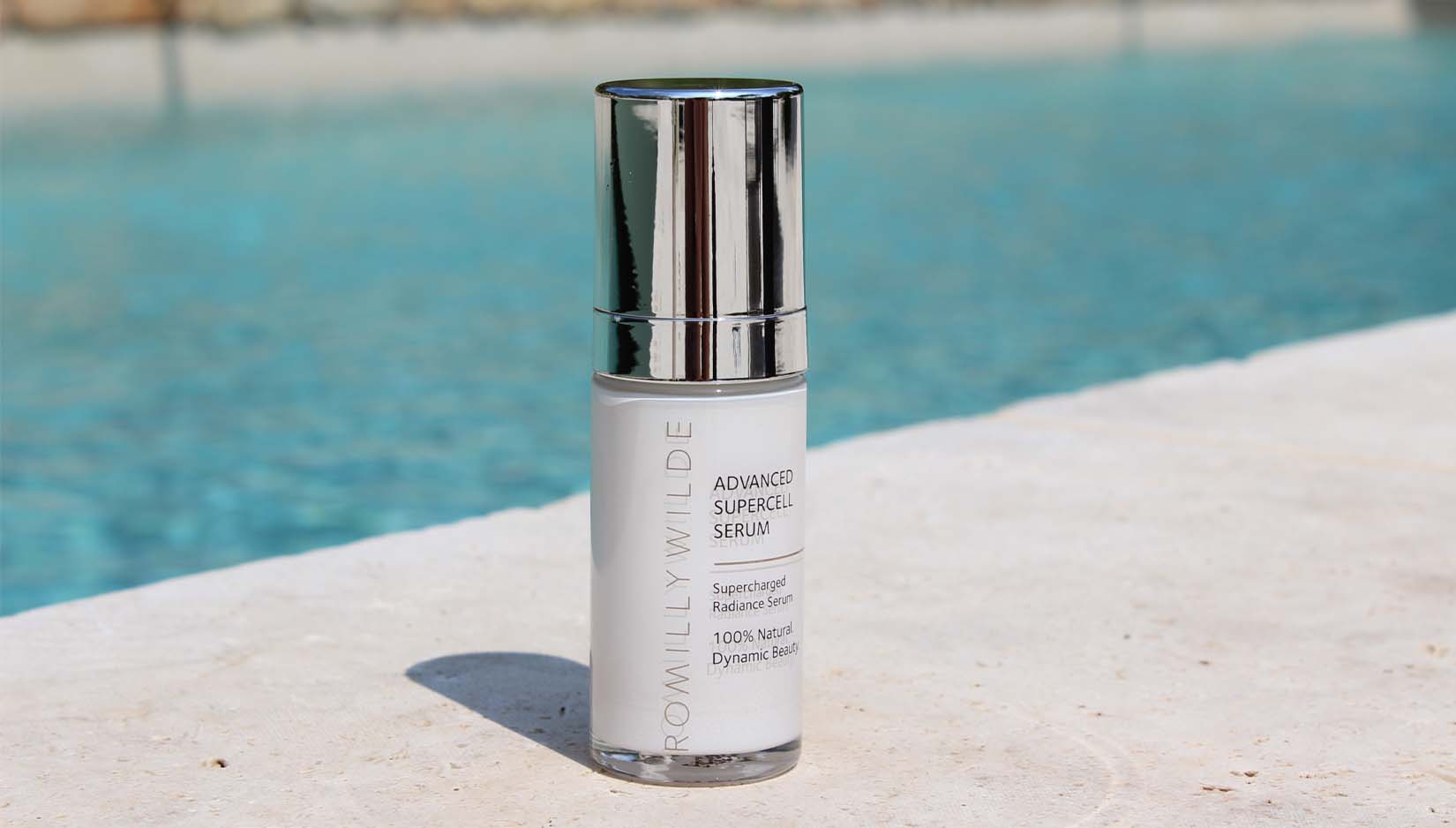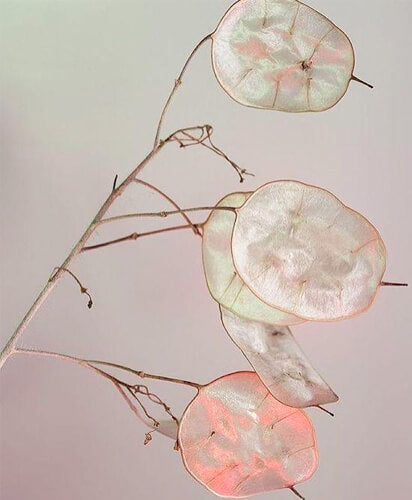Dry vs. Dehydrated Skin
Skin type and skin condition is often a confusing differentiation for people, especially when it comes to skin that is dry and/or dehydrated.
By Anthea Anka
From our vantage point, clean beauty and skin health are one and the same. When it comes to our skin, skin type and skin condition is often a confusing differentiation for people, especially when it comes to skin that is dry and/or dehydrated.
Here’s an easy way to break it down: Skin Type is something you come into the world with that is determined by genetics, how much sebum your skin secretes, hormones, blood circulation, and sensitivity. Whereas skin condition is determined by external factors such as pollution, weather, sun exposure, lifestyle and skincare routine (or lack thereof!) and is usually a temporary affliction. However, it is important to understand that any skin type can experience a skin condition. For example, a person with combination skin (type) can still be assessed as having dehydrated skin (condition).
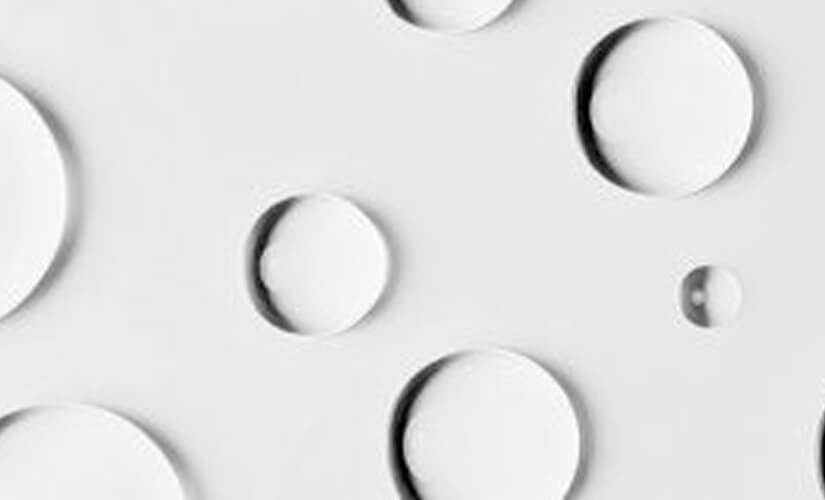
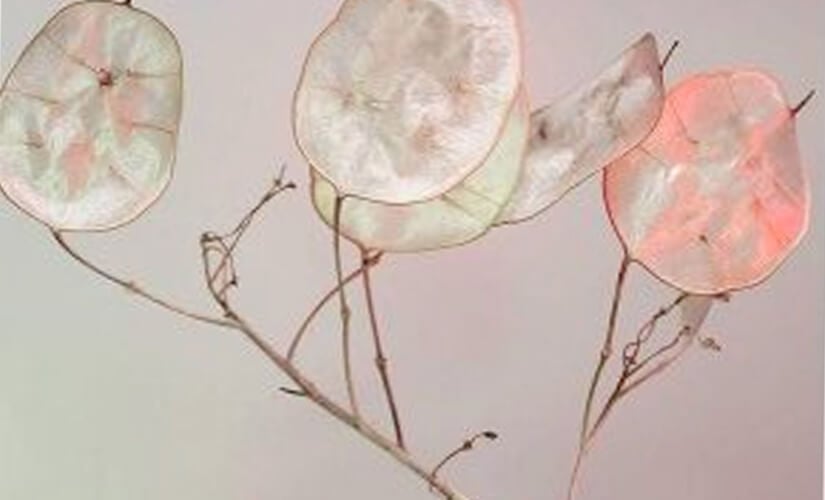
Skin type can be divided into the following categories: dry, oily, combination or normal. In the case of dry skin, it will usually exhibit itself as having rough or flaky patches, small tight pores, prone to wrinkles, and visible dryness on the skin and lack or decreased production of sebum. As Ross C. Radusky, a board-certified dermatologist explains, “dry skin is characterized by fewer oil-producing glands on the face and body.” Sebum production can be regulated by genetics and hormones (those pesky hormones again), or other factors such as birth control pills, restrictive diets, and certain endocrine conditions. So in essence, dry skin will be less able to form a protective barrier against external forces, and of course as we age, skin gets dryer do to loss of moisture, and the decrease in the body’s production of hyaluronic acid.
Whereas our skin condition falls into the following categories: sensitive, dehydrated, mature and congested. Skin conditions can also be diagnosed as more pronounced afflictions such as: rosacea, eczema, psoriasis, pigmentation, etc . Dehydration as a skin condition will exhibit as a lack of water in the skin – not sebum as in the case of a dry skin type – and hence lack of elasticity or ‘bounce,’ as you are losing more water than you are taking in. The surface of the skin may look dull, flaky, congested and tight, with visible fine lines.

In the face of both dryness and dehydration, your daily skincare routine should have these goals in mind: hydrating from the inside out and maintaining moisture in the skin. While our products are filled with rich adaptogenic plant compounds targeting all skin types, the nurturing oil-based formulations are perfect for skin needing more hydration. Our Light & Energy Cleanser, (£54) is the first port of call when seeking to add moisture back into the skin. With over 10 oils and 15 flower and botanical extracts, including sea buckthorn fruit, saffron, turmeric and Inka omega oil, our cleansing balm will hydrate, rejuvenate and soothe your dry and stressed skin.


Exfoliation is another must when combatting dry/dehydrated skin. Francesca Fusco, an assistant clinical professor of dermatology at the Icahn School of Medicine at Mount Sinai in New York exclaims, “My favourite tip is exfoliating. As dead skin builds up, it can diminish the absorption of moisturizers. so removing dead skin cells allows your moisturizer to work better.” When removing our oil-based cleanser from the face, use tepid water (extreme temperatures can aggravate dry skin) and use our muslin cloth to exfoliate the skin. Keep it clean and be mindful of how you wash it, avoiding fabric softeners to keep the cloth effective.
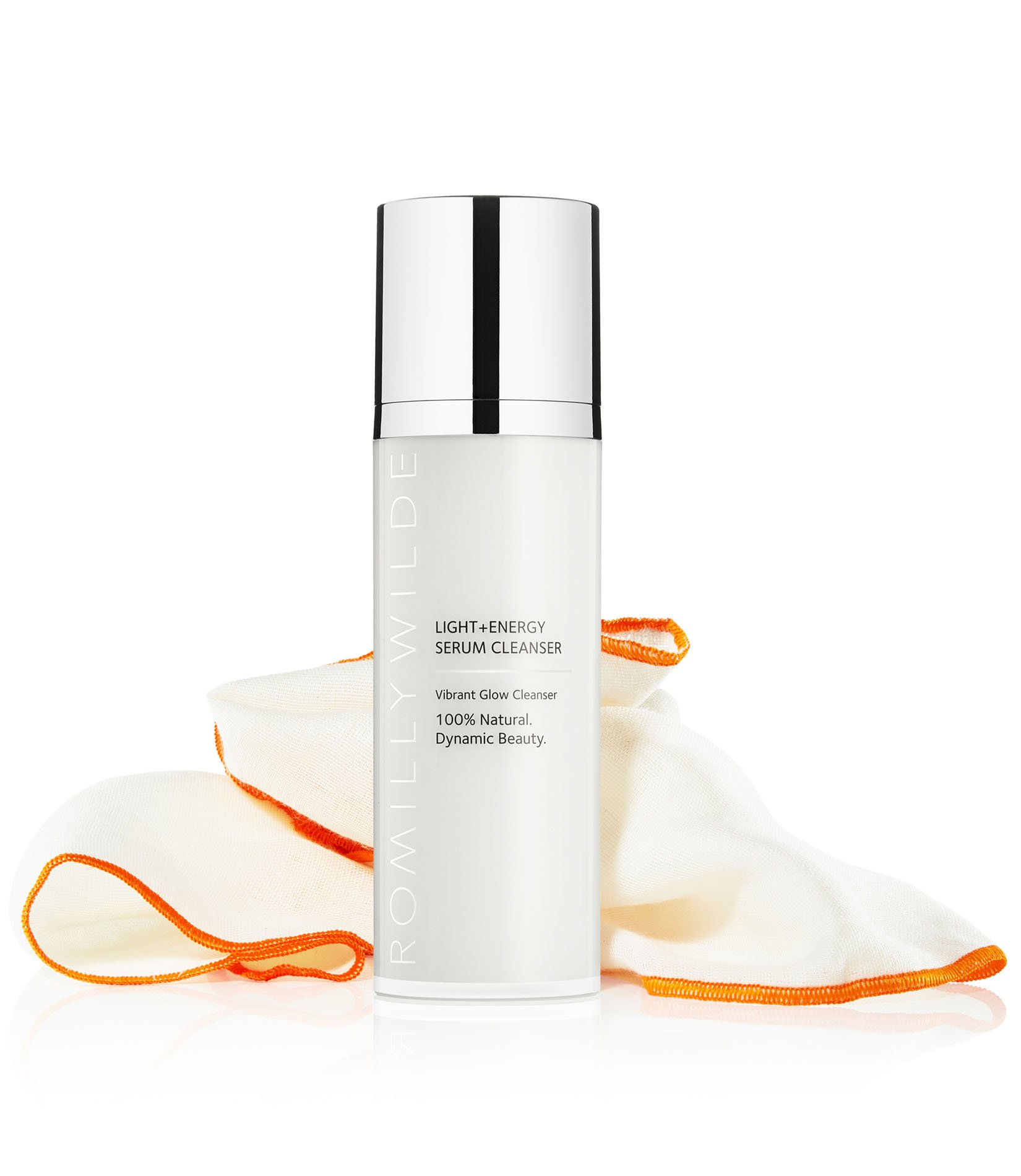
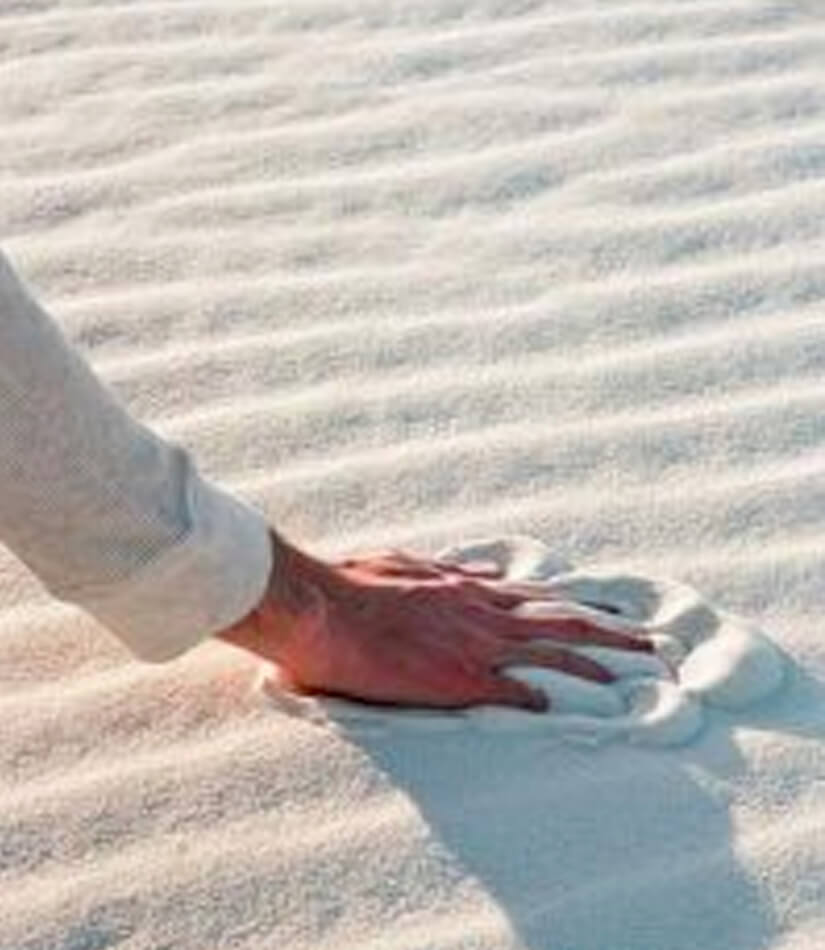
A few other ways to hydrate and combat dry/dehydrated skin: take an internal hydrolysed collagen supplement, take short showers to prevent the skin from drying out, and use a product rich in hyaluronic acid which will attract moisture to the skin. Our Advanced Supercell Serum, (£110) floods the skin with anti-oxidants and anti-inflammatory actives such as Green mandarin, turmeric, and Osmanthus flower. This skin booster, features plant ferments to stimulate collagen synthesis, cell regeneration and skin repair, giving tired and lifeless skin a profound gift of revitalisation.
Lifestyle also plays a huge role in the dehydration of our skin, so limit smoking and alcohol (ideally, quit it all together!), consider using a humidifier in the winter months, drink more water (especially after exercise), eat a balanced diet and don’t forget to prioritise sleep! So whether your skin is dry or dehydrated, treat your skin with care and remember that moisture is one of the skin’s elixirs of life.
